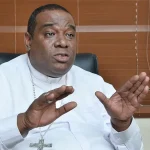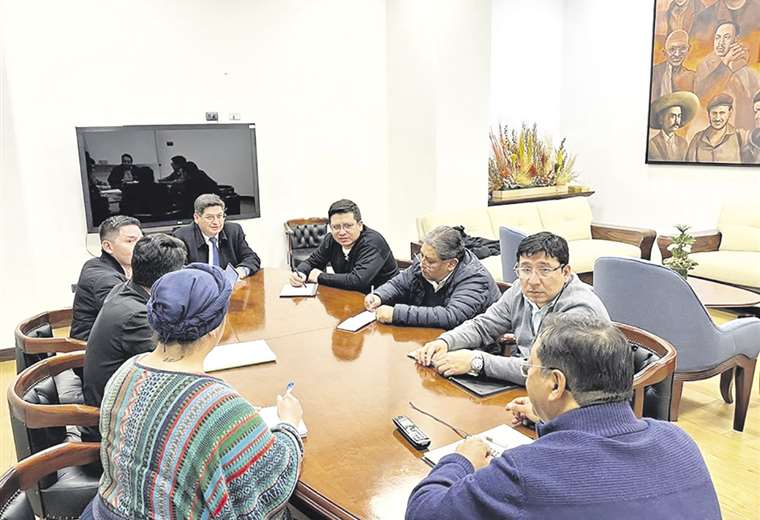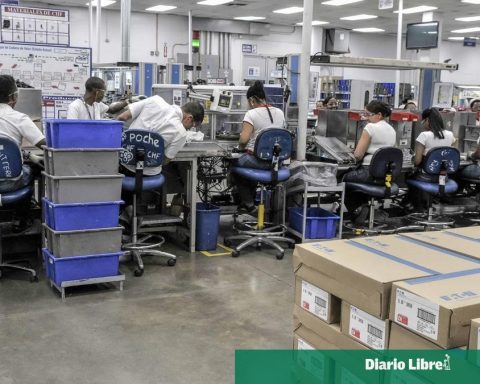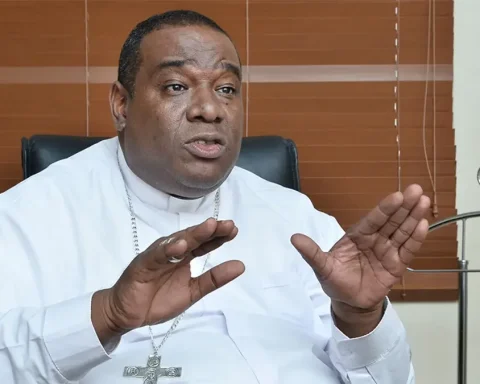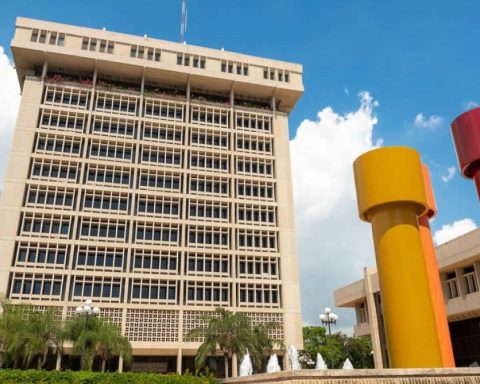One of the calls that has perhaps been made most urgently in recent months in Colombia is for the National Government to adopt measures as soon as possible to address the economic slowdown, a problem that is no longer only generating insufficient growth, since the most recent reports show that its effects are reaching other sectors of the local economy.
Unemployment has begun to rise and is expected to continue this way for a long time.industry and commerce at their lowest points since the pandemic and the drop in tax collection due to low consumption, are some of the signs that, for experts, make it clear that the country is doing badly and urgently needs to get back on track.
Indigenous communities face an unfavorable outlook in higher education
Although the Petro government has said that it is already working on a plan to change all this, its actions show the opposite, since part of its strategy consists of going to Congress to approve a tax reform, in addition to changes in the application of the fiscal rule and a law on forced investments, which beyond whether they are convenient or not, will require time to materialize.
There is no time
In her most recent column, Juana Tellez, chief economist at BBVA Research, said that with the arrival of August, in addition to the kite season, the country must enter a space where decision-making materialise without delay, but always listening to all the stakeholders in the economy.
Economic recession
iStock
“We are already in August and with the winds and the kites comes the most urgent need to accelerate the reactivation of the Colombian economy. There are things that are happening and the numbers for the second half of the year in terms of growth will certainly be better than those of the beginning of the year, but not enough,” he began by saying.
For this analyst, it is necessary to do new things quickly to generate more growth in the short and medium term, since the areas that are not working well have already been identified and the way in which we can begin to work with all of them.
Moody’s expects regulatory noise to soon stop affecting Latin American financial sector
“Failure to do so could cause damage that will be very difficult to correct. One example that worries me greatly is the loss of jobs and with it the loss of skills and protection for workers and the greater difficulty in matching demand and supply, leading to a persistent deterioration in the labour market over time,” he added.
Regarding how to do things, he recalled that the country has been generating several discussion scenarios, promoted by unions, academia and the Government itself, where several solutions have been proposed and that it is enough to listen to them. to have ideas and get the productive engines that have been turned off moving as soon as possible.

Juana Tellez, chief economist at BBVA Research
Courtesy of BBVA Research
“I had the opportunity to participate in a panel on this topic at the forum ‘Conversations for Colombia’ organized by the Trade Council, a space where I highlighted that the two great challenges of Colombia today are to grow more to increase the size of our economy, the size of the pie that we can share among all, and to reduce regional heterogeneity and make all regions flourish and, even more, those that we have historically left behind,” said Tellez.
For the chief economist of BBVA Research, “this will generate more income for families, lower unemployment, better public finances and, to sum it all up, better living standards for all Colombians. These two great challenges are opportunities for the private sector,” he added, while emphasizing that there is no time.
RTVC will have to answer for the ‘Concert of Hope’ in times of austerity
“Speed of action will be a key lever for actions to bear fruit quickly. With an eye on these challenges, investments must be made quickly with a regional vision in sectors related to renewable energy, tourism, physical and digital connectivity, the agro-industrial sector and housing and civil engineering construction, among others,” said this economist.
Juana Tellez closed by telling the National Government that there are many people in the country who are willing to contribute their knowledge. to do things right and that all we need to do is listen to them, so that we can all generate solutions to the crisis.








